Picture this: You’re home relaxing after a week spent networking and advancing your career. As you try to put the stress of the week away and enjoy your weekend, you look at your phone and see a dozen LinkedIn notifications, all from colleagues seemingly doing more, working more, and accomplishing more than you. Night. Ruined.
The rise of social media and a 24/7 feed into other people’s lives has been a mixed bag for students and young professionals. On one hand, the opportunities for networking has exploded. With a single click on LinkedIn, Facebook, or Twitter, you can be connected to industry experts around the world. On the other hand, it produces a twisted form of FOMO, or Fear of Missing Out, that I call Professional FOMO. When you see your friends, family, and even stranger getting promoted, starting research projects, and organizing more events than you, it can cause self-doubt, and make your own accomplishments feel invalid. The bad news is with the rise of social media and mobile technology, this will only get more pervasive with time. The good news is there are steps you can take to combat professional FOMO.
Let’s look at some common examples of professional FOMO and what you can do about it.
Do you find yourself stressing over missing that conference or meeting?
As a pharmacy student, it can feel like there is an endless number of conferences, meetings, seminars, and webinars happening all the time. With the idea of networking for your dream job ingrained into young professionals, you may feel pressured to attend them all, or as many as you can. Missing one can feel like you’re missing out on potential opportunities for career advancement. In my own experience, it can feel stressful to miss out on one, and even more stressful when trying to cover the costs of travel and attendance.
But it’s not all doom and gloom. That seminar you want to attend may not be as prestigious and high stakes as you think. Even if it is, there are steps you can take to reduce the stress of missing out. Looking up the attendants and keynote speakers of these events will give you a sense of the information being discussed. It’ll also give you a list of people you can email and reach out too. Gmail (and Yahoo) are your friends in this scenario. If the meetings are in your city, contact the speakers and experts in attendance and set up one on one meetings with them.
Do you find yourself taking on more projects and leadership roles than you can handle?
Let’s face it, turning down a new project or job position can be hard. It’s easy to think this next assignment or that next posting will finally help us make it big. But the reality is you will never finish all the work out there. Your time is finite, and the work infinite. Destabilizing your work life balance by taking on more than your mental bandwidth can handle spells disaster for your wellbeing. The resulting stress of juggling too many tasks will lower the quality of your work, and cause you unneeded anxiety. You have to accept that while you can’t do everything, maintaining a life outside the workplace can drastically help improve your overall quality of life. In my own experience, I’ve found myself resisting the urge to say yes to every committee position or project. The key here is that it’s not about quantity, but quality. Would you rather have a handful of exceptional and well executed positions to your name, or a dozen leadership roles where you did so and so, with nothing exceptional or noteworthy to talk about on any of them?
Do you find yourself comparing your achievements with others on social media?
Social media rarely gives you a full picture of someone’s personal or professional life. What you get instead is a curated and selective view of someone’s highlights. We rarely see the hard work and sleepless nights that went into someone’s new job posting or publication. A well-known quote that goes “move in silence” captures the sentiment that, while achievements are broadcast, the nitty-gritty details of such hard work, including failures, is kept to yourself. Constantly comparing yourself to your peers on social media is not only unhealthy in the long run, but it also devalues your own work. There will always be someone more talented, more accomplished, and more successful than you. The key here is that you have to first take pride in what you’ve accomplished and are accomplishing before you can begin looking to others for insights and motivation. Another key is that you have to give yourself a social media break every now and then. If the stress of obsessing over others accomplishments outweighs the joy you get from following friends and family online, then it may be time to log off.
FOMO is an inevitable byproduct of social media. While it will always be around you in some manner, you have the power to make sure it doesn’t negatively affect you. Social media is an amazing tool that has been used to start and nurture professionals, companies, initiatives, and global causes. It is our responsibility to use it wisely and to not let it negatively affect our mental health and well-being.

Please connect with us if you are seeking support or hoping to learn more about being part of a Supportive, Inclusive, Compassionate, and Kind community:
Join The MindReset!
Check out Events for support groups or live events:
- Follow The MindReset Facebook page
- Follow The MindReset Twitter
- Follow The MindReset Instagram
You are always welcome to connect directly with an individual from TMR at themindreset@gmail.com or (802) 377-MIND.


